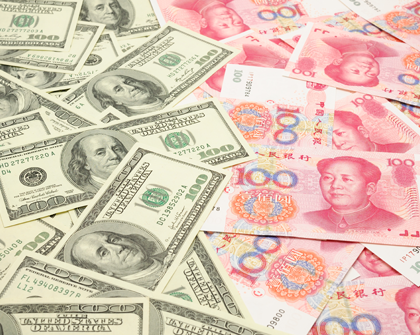Brazil and the United States signed new agreements on regulatory convergence and patents:
- A memorandum of understanding between Brazil’s Foreign Trade Council (CAMEX) and the US Department of Commerce to exchange information and experiences on transparent regulatory practices for foreign trade, coordination between agencies, and the elimination of unnecessary barriers to trade.
- An agreement to allow Brazilian companies that manufacture equipment and machinery, electrical and electronic products, and lamps to certify their products in Brazil for export to the United States. The certification deadline is expected to be reduced from one year to three months and the costs of the process to decrease by 30%. The two countries have already signed similar agreements for other sectors such as ceramics, refrigeration, and textiles. The entities that represent textile companies in the two countries carried out technical studies for standard convergence in specific areas.
- An agreement between Brazil’s National Institute for Industrial Property (INPI) and the United States Patent and Trademark Office (USPTO) to establish a Patent Prosecution Highway (PPH) pilot program of patent applications as well as the exchange of information between the two agencies. The pilot program will be in place for two years and will be limited to 150 patent applications in each country. The INPI will prioritize orders from the oil and gas sector, while the USPTO will not have sectoral priorities.
Likewise, progress was made on work related to:
- harmonization of statistics on trade in goods.
- exchange of experiences on the analysis and dissemination of statistics on trade in services.
- cooperation to identify barriers and propose bilateral trade facilitation policies.




